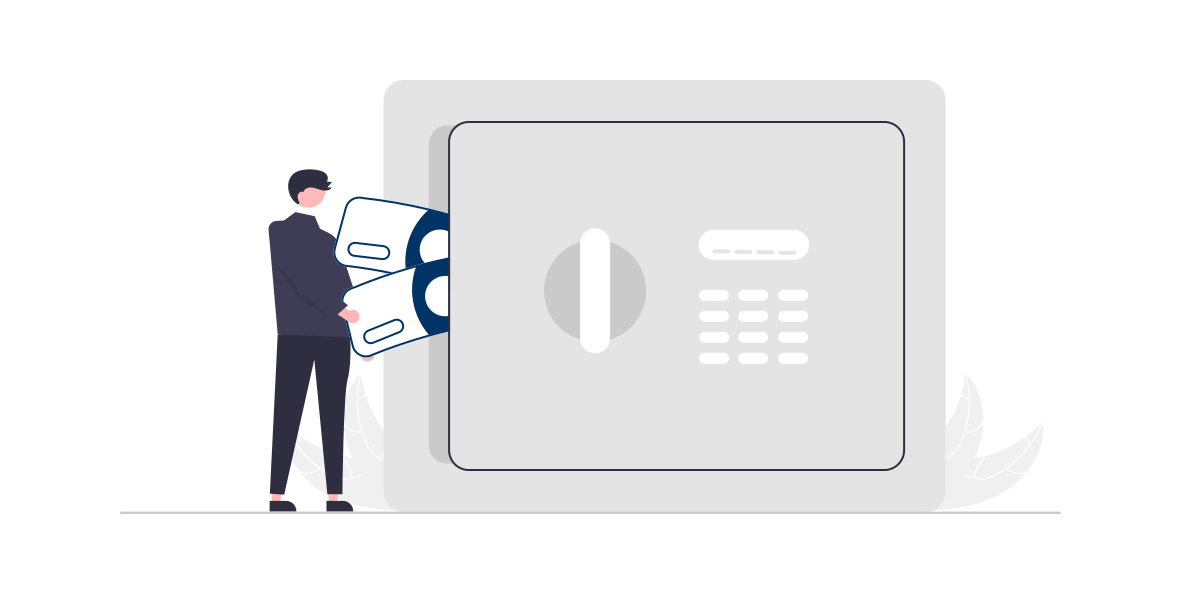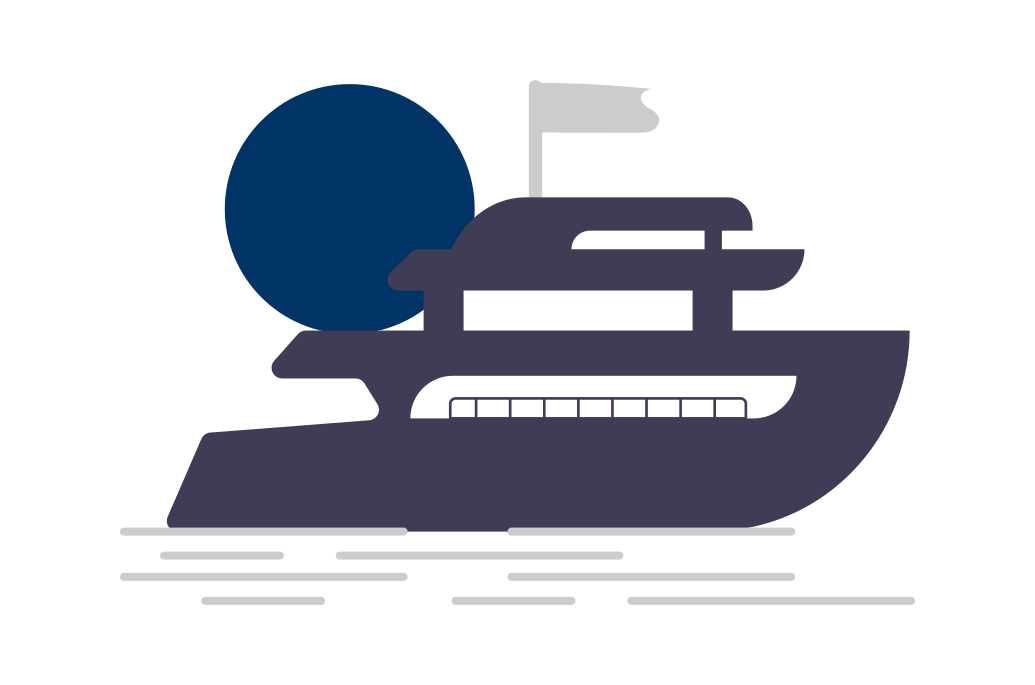What Assets Are Taxable?
Understanding Swiss Wealth Tax
Swiss wealth tax is a direct tax based on the value of assets and liabilities imposed at the cantonal level. Each canton has its own rates, exemptions, and assessment methods.
Get the Awesome Assistance
One of the most important things is to pick the right Tax advisor. We will help you.

Cantonal Variations
Swiss wealth tax is unique in that it varies significantly from one canton to another.
Each canton sets its own tax rates and regulations, which means it's crucial to understand the specific rules that apply in your canton of residence. Tax rates can range from 0.05% to 1.0% of the taxable value.
Taxable Assets
Wealth tax in Switzerland typically includes various assets:
In Switzerland, wealth tax, or "Vermögenssteuer" in German, is levied on the total value of an individual's assets and liabilities
Taxable Assets

Real Estate

Bank Accounts and Securities

Business Assets

Vehicle and Luxury Items

Jewelry and Precious Metals

Pension Assets
In Switzerland, wealth tax, or “Vermögenssteuer” in German, is levied on the total value of an individual’s assets and liabilities. The specific assets that are subject to wealth tax can vary by canton, as each canton has its own tax regulations. However, here is a general overview of the types of assets that are typically taxable in Switzerland:
Real Estate: The value of all real estate you own in Switzerland, including your primary residence, secondary homes, and investment properties, is usually subject to wealth tax. The tax rate may vary based on the canton and the value of the properties.
Bank Accounts and Securities: Money held in Swiss bank accounts, as well as investments, stocks, bonds, and other financial instruments, are typically included in the calculation of taxable wealth. The rate varies depending on the canton.
Business Assets: If you own a business in Switzerland, the assets and equity associated with the business may be considered part of your taxable wealth. The rate for business assets can vary among cantons.
Vehicles and Luxury Items: Some cantons tax high-value vehicles, boats, and luxury items. The tax rate for such assets is typically based on their assessed value and can vary by canton.
Jewelry and Precious Metals: The value of jewelry, including watches, and precious metals, such as gold and silver, may be considered taxable wealth. The tax rate for these assets varies by canton.
Pension Assets: In certain cases, the accumulated value of your pension assets may be subject to wealth tax, depending on the canton’s rules.
It’s important to note that each canton in Switzerland has the authority to set its own wealth tax rates and regulations. Therefore, the specific assets subject to tax and the applicable tax rates can vary significantly from one canton to another. Additionally, tax laws may change over time, so it’s essential to stay updated with the tax regulations in your specific canton to ensure compliance and optimize your financial situation.
To get accurate and up-to-date information on wealth tax regulations in your canton of residence and to understand which assets are taxable, it’s advisable to consult with a local tax professional or the tax authorities in your canton. They can provide you with personalized guidance based on your individual financial circumstances.






 in Switzerland with lots of
in Switzerland with lots of 